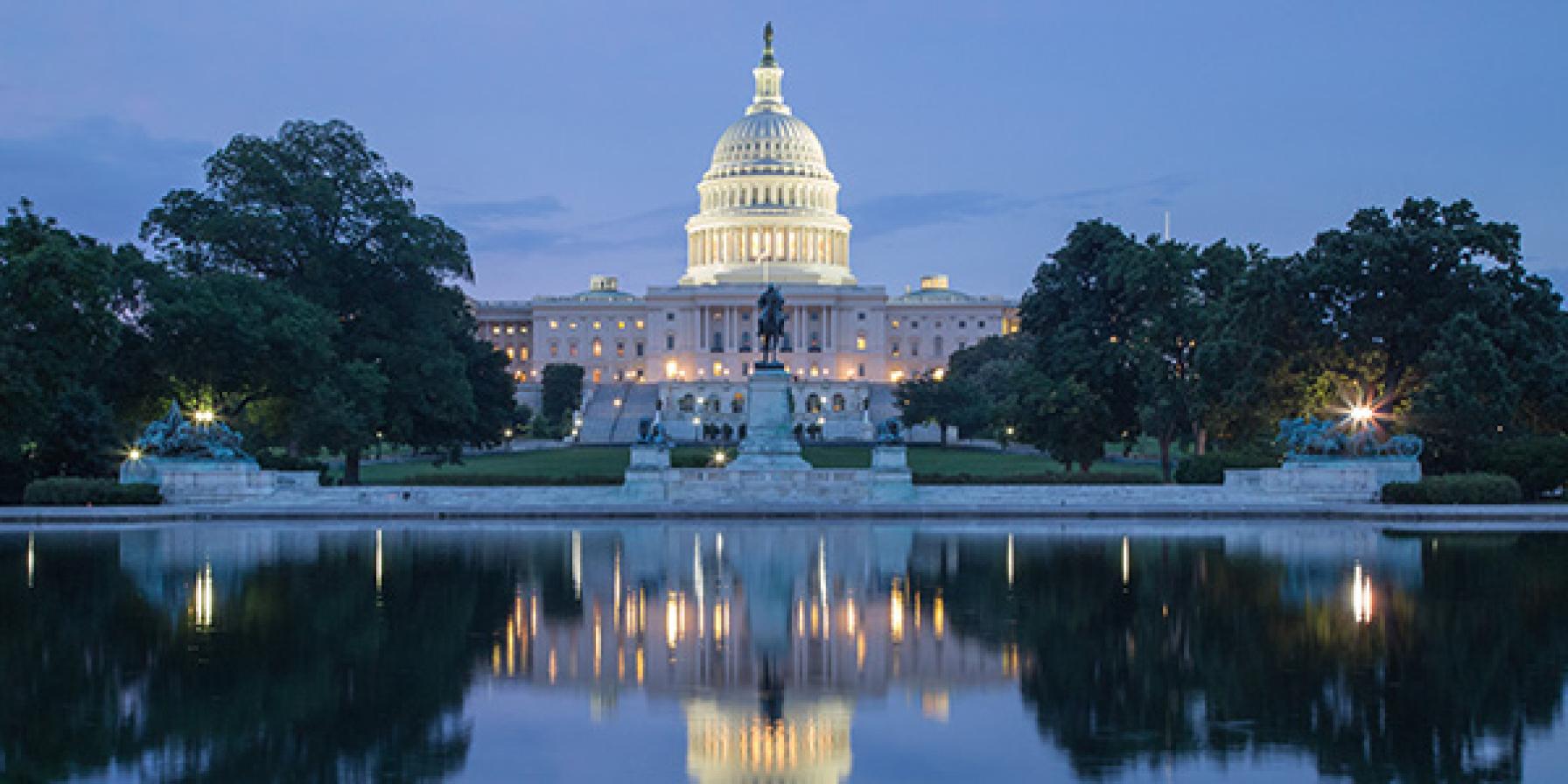- Home
- IBTTA Insights
- IBTTA Urges Action to Support Critical Infrastructure
Stories
IBTTA Urges Action to Support Critical Infrastructure


As the coronavirus pandemic unfolds, countries around the world are coping simultaneously with two gargantuan challenges: how to #FlattentheCurve and keep as many people as possible safe, and preparing the wider economy to bounce back once the virus is under control.
The global tolling industry is responding on both levels. Over the last month, IBTTA members have moved swiftly to assure the safety of staff and customers by limiting or eliminating cash payments, shifting essential work programs to allow for physical distancing, and contributing personal protective equipment for front-line health workers when they’ve been able to. At the same time, the industry is making the case for the funding relief and legislative or regulatory adjustments that will help tolling agencies weather the immediate crisis—and be ready to step up quickly when the time arrives.
That latter point is crucial, even when legislators are (quite rightly) devoting most of their attention to the immediate crisis. Because for all the uncertainty that surrounds the future course of the pandemic and the changes in systems and attitudes it could produce, there are a few things we know for sure.
The society that emerges from the COVID-19 experience will still need jobs and safe reliable highways, bridges and tunnels.
Toll operators with construction or reconstruction projects on their calendars will be important local job creators.
But building, maintaining, and upgrading that infrastructure will cost money.
Across the full mix of infrastructure, funding for those projects will still necessarily come from a mix of public and private sources.
And that means tolling agencies will have an essential role to play as a key tool in the infrastructure funding and financing tool box. As they always have.
IBTTA to Congress: Protect Jobs, Secure the Future
IBTTA wrote to the U.S. Congress last week to underscore that role, requesting the assistance the industry needs to continue creating jobs and deliver the services the country will need tomorrow.
The letter to Speaker Pelosi, Majority Leader McConnell, and Minority Leaders McCarthy and Schumer laid out the extraordinary reality facing the country’s 128 toll operators, one reflection of an extraordinary moment unlike anything anyone now alive has ever experienced.
Restrictions on public gatherings and non-essential businesses have reduced traffic along the nation’s tolled facilities by 50 to 90%. Rapid revenue declines have followed. And like the farebox revenues on which transit agencies depend, once a toll is gone, it’s gone—while the need for tolled capacity will return, the weeks or months of lost revenue will never be recovered.
Those losses could have a profound impact on agencies that millions of American citizens depend on for mobility and jobs.
“Unless toll facilities receive immediate relief, many will be forced to comply with bond covenant requirements, which could necessitate: reductions in workforce, adding to the rapidly swelling ranks of unemployment; delays in capital projects, slowing the economic recovery that will be desperately needed; and increased pressure on elected officials to consider toll rate increases,” the letter stated. “Without the immediate relief that Congress can provide, credit rating agencies may downgrade toll agencies’ credit ratings (some of which could be downgraded to ‘junk’ status), accelerating the steep economic contraction caused by the pandemic.”
Tolling Supports Strong Communities
Every tolling agency is first and foremost a part of the community it serves. That means the $9.245 billion in flexible funding that IBTTA is requesting as part of the Phase Four emergency relief and economic recovery package is an investment in keeping our cities and neighborhoods strong and our citizens at work.
The direct aid and non-direct financial assistance in the industry’s request to Congress “will not only benefit toll facilities but also the businesses that serve them: engineers, contractors, consultants, vendors, and suppliers,” the letter noted. “These members of IBTTA and the transportation industry are impacted by toll facility budget cuts and project delays arising from the pandemic, especially the many small and disadvantaged businesses that support transportation operations and construction.”
The letter set out a menu of options to modify financing provisions under the Transportation Infrastructure Finance and Innovation Act (TIFIA), adjust rules related to advanced refunding of outstanding bonds, and provide new financing flexibility through federal loan guarantees and letters of credit. “Easing credit availability to toll operators and related business entities will allow them to keep taxpayers employed, avoid defaults, and facilitate economic recovery,” IBTTA stated.
IBTTA thanked Congress for its “courageous leadership during this battle of a lifetime”, and urged elected officials to extend their support to include tolled facilities. “Congress’s vision in stepping in to provide direct cash payments to individuals and support large sectors of the American economy through flexible federal funding is vital to ensuring that we emerge from this pandemic as strong as we can be.”
Download a copy of IBTTA’s letter to Congress, and bookmark our information page on the tolling industry’s response to the coronavirus crisis.

Joining IBTTA connects you to a global community of transportation professionals, offering unmatched opportunities for networking, knowledge-sharing, and collaborative innovation in the tolling and transportation sector.
Follow IBTTA on social media for real-time updates on transportation trends and collaborative opportunities.





